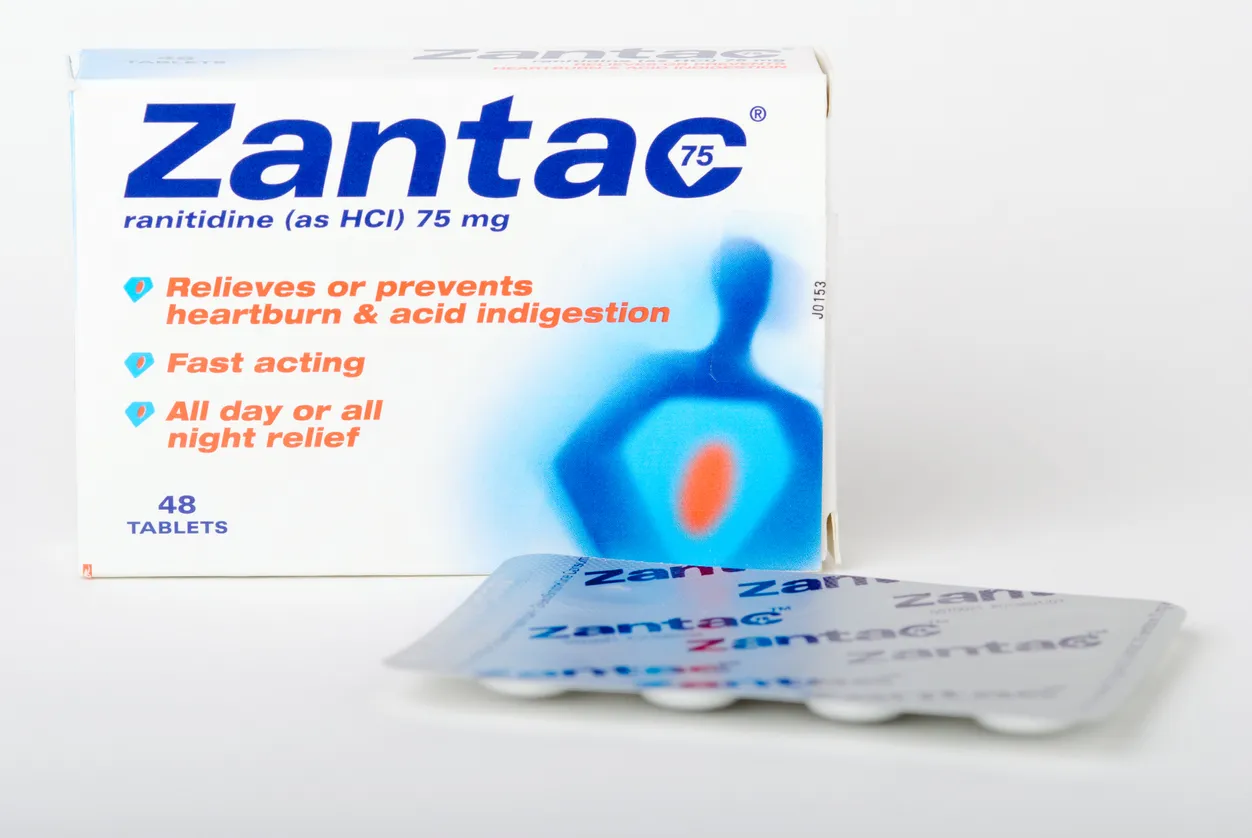
Kansas City Zantac Lawsuits
When you purchase a prescription or over-the-counter drug, you trust that the manufacturer was responsible in the drug’s design, production and marketing. Many federal regulations and safety laws apply to the drug manufacturing industry. Unfortunately, major pharmaceutical companies often breach their duties to save time, make their investors money or protect their reputations.
Zantac (otherwise known as ranitidine hydrochloride) is an over-the-counter and prescription medication commonly used to treat heartburn, acid reflux and gastrointestinal problems. Zantac has been available since the early 1980s, building a consumer base of millions over the years. Due to a defect with the product, however, Zantac may be responsible for causing cancer in patients.
In 2019, multiple consumers brought lawsuits against GlaxoSmithKline (GSK) and Sanofi-Aventis for alleged connections between Zantac, a heartburn medication, and cancer. If you or a loved one has taken Zantac or one of its generic equivalents, please contact the injury attorneys at Wendt Law FirmP.C. for a free consultation. Our Kansas City Zantac attorneys may be able to help you bring a Zantac lawsuit or join a class action in Kansas City.
Why Choose Wendt Law Firm P.C.?
- We have taken dozens of cases to trial, including complex class actions. Our law firmhas what it takes to obtain the best possible results for your defective drug claim, even if that means going to court.
- Our Kansas City personal injury attorneys have experience going up against pharmaceutical companies and winning. We have obtained over $89 million in settlements from drug companies that did not properly warn the public of dangerous potential side effects.
- We represent clients during Zantac lawsuits and class actions on a contingency fee basis. We front all the legal expenses connected to a claim and only charge attorney’s fees if and when we win compensation for the client.
How Can a Kansas City Zantac Lawyer Help?
Powerful pharmaceutical companies such as GSK and Sanofi-Aventis have almost limitless resources to expend on disputing liability for drug claims. Match power with power by hiring a product liability lawyer to represent you during insurance settlement negotiations. A lawyer can negotiate for a reasonable settlement on your behalf while you concentrate on getting well.
What Is the Connection Between Cancer and Zantac?
In recent years, many consumers have brought lawsuits against the two major pharmaceutical companies responsible for manufacturing Zantac: Sanofi and Boehringer Ingelheim. The lawsuits allege that these pharmaceutical companies intentionally concealed a known link between Zantac and cancer to protect their profits.
The alleged link between Zantac and cancer lies in the presence of N-Nitrosodimethylamine (NDMA) in the drug. NDMA is a yellow, odorless organic chemical that commonly occurs as an accidental byproduct of industrial or manufacturing processes. NDMA is a probable carcinogen, meaning there is evidence that it can cause cancer in humans.
Beginning in 2019, the Federal Food and Drug Administration (FDA) began posting announcements about an investigation into the levels of NDMA present in Zantac and its generic counterparts. It detected an impurity of NDMA in Sandoz ranitidine capsules and issued a voluntary recall in September 2019. Further investigations over the next year led to the FDA requesting the removal of all ranitidine products (Zantac) from the market due to unacceptable levels of NDMA in these medications.
Consumers who regularly take Zantac may be at an increased risk of developing cancer because of high levels of NDMA present in the drug. Zantac lawsuits claim that a defect with the product lead to the ranitidine forming harmful levels of NDMA within the body – ultimately causing the development of cancer. The most common types of cancer associated with NDMA ingestion in lab tests are stomach and bladder cancer; however, a wide variety of cancers have now been linked to Zantac.
Contact a Kansas City Zantac Attorney About a Zantac Lawsuit Today
Current Zantac class-action lawsuits could repay consumers for the money they paid for the defective drugs. Future lawsuits may also end in damages associated with developing cancer if this becomes an issue. If a doctor has diagnosed you with cancer of the stomach, bladder, kidney, liver or uterus and you are a regular Zantac user, speak to our attorneys about a possible connection with the defective drug. We can help you take appropriate legal action in Kansas City. Submit our confidential online form or call (866) 539-4415 today for a free consultation.
SCHEDULE YOUR FREE CASE EVALUATION
Practice Areas
- ATV Accidents
- Aviation Accidents
- Bicycle Accidents
- Boating Accidents
- Brain Injuries
- Broken Bones
- Burn Injuries
- Car Accidents
- Construction Site Accidents
- Explosions
- Insurance Litigation
- Mass Torts
- Medical Malpractice
- Motorcycle Accidents
- Nursing Home Abuse
- Pedestrian Accidents
- Premises Liability
- Product Liability
- Sexual Abuse Claims
- Spinal Injuries
- Train Accidents
- Truck Accidents
- Wrongful Death
